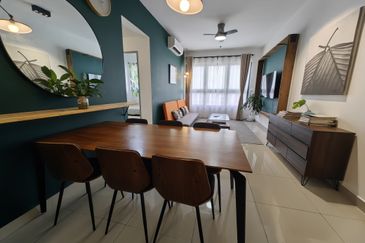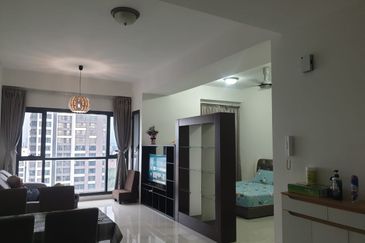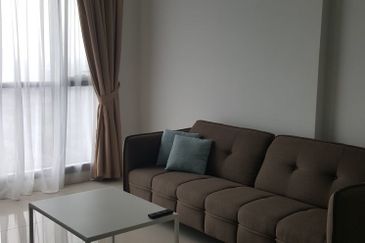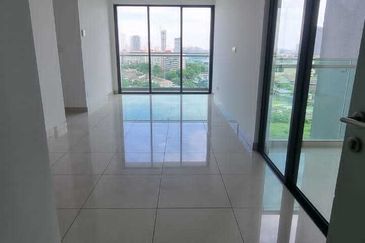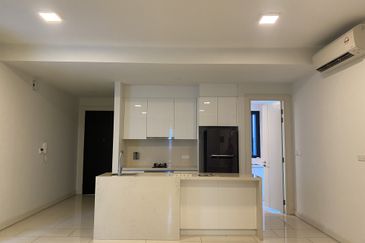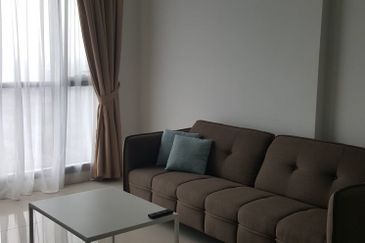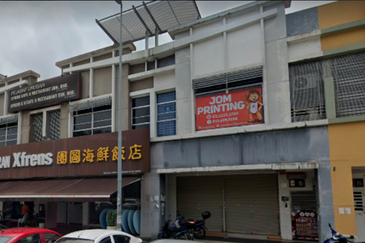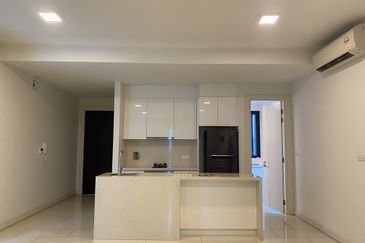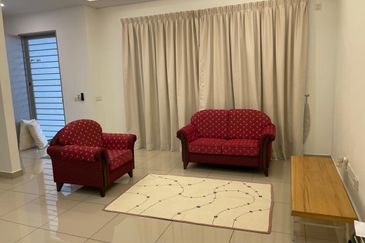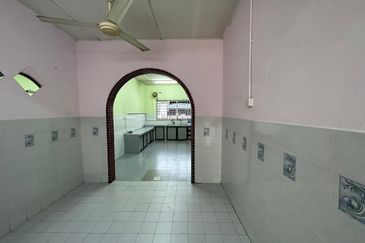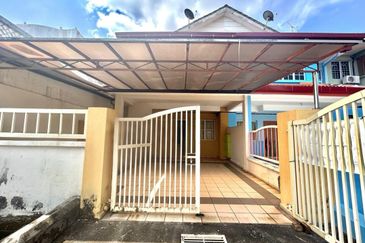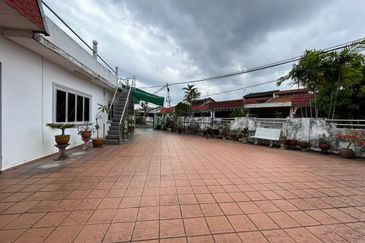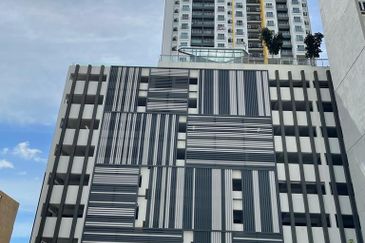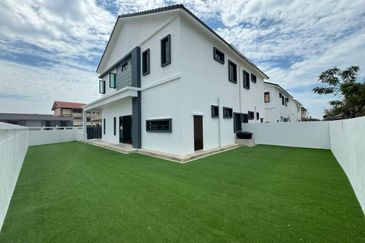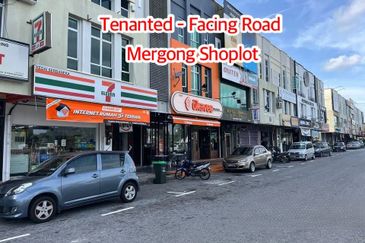KUALA LUMPUR (Nov 19): A total of 74 projects which did not meet the requirements of or contravened the newly-gazetted Kuala Lumpur City Plan 2020 (KLCP 2020) are now in the renegotiation process, said Federal Territories (FT) Minister Khalid Abdul Samad (pictured).
Kuala Lumpur City Hall (DBKL) has received 176 projects applications and a total of 102 of development projects have been approved under the KLCP 2020.
“We are now discussing with the developers [of these 74 projects] to review the approved plot ratio of the projects to fit local needs,” he told the media after visiting the Bukit Bintang City Centre (BBCC) site today.
He noted that a possible solution may entail the developer reducing their project size and Dewan Bandaraya Kuala Lumpur (DBKL) reducing the project premium.
He said the plot ratio of these projects were approved by the previous government without taking the environmental impact into consideration.
To prevent these incidents in the future, besides gazetting the KLCP 2020, the ministry is also working closely with DBKL and all the city's MPs in decision-making to ensure the entire administrative process of project approval is transparent to all stakeholders.
“This is also to prevent corruption. Corruption could be done in two ways – the rezoning of park land and increasing the plot ratio,” he said.
Khalid noted that the ministry is also reviewing the approval process to ensure no single party or person has the full power to decide on land sales or project approvals.
“We are taking away the power of the mayor and also myself [FT Minister], to close doors on corruption,” he added.
In countering graft practises, he said the media also played an important role as a watchdog to help eliminate corruption in government administration.
Commenting on flash flood issues in the city centre, Khalid noted that current drainage system has no problem channeling rainwater, but the people’s bad habit of throwing rubbish everywhere is the main cause of drainage blockages.
“We found tonnes of rubbish in the drainage system which caused blockages. This is the main reason behind flash floods,” he added.
He explained that there are too many developments in the city centre, with the hoarding put up by developers preventing the authorities from putting seal traps in some construction sites while others do not have retention ponds, causing water to overflow during heavy rains.
TOP PICKS BY EDGEPROP
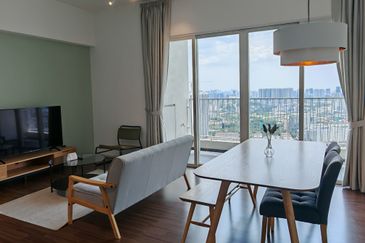
UNA SERVICED APARTMENT
Jalan Peel, Kuala Lumpur
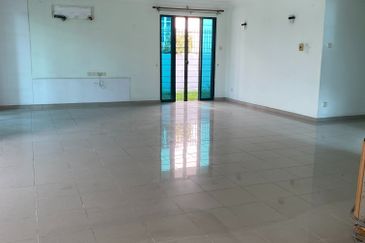
Tropicana Golf & Country Resort
Tropicana, Selangor



